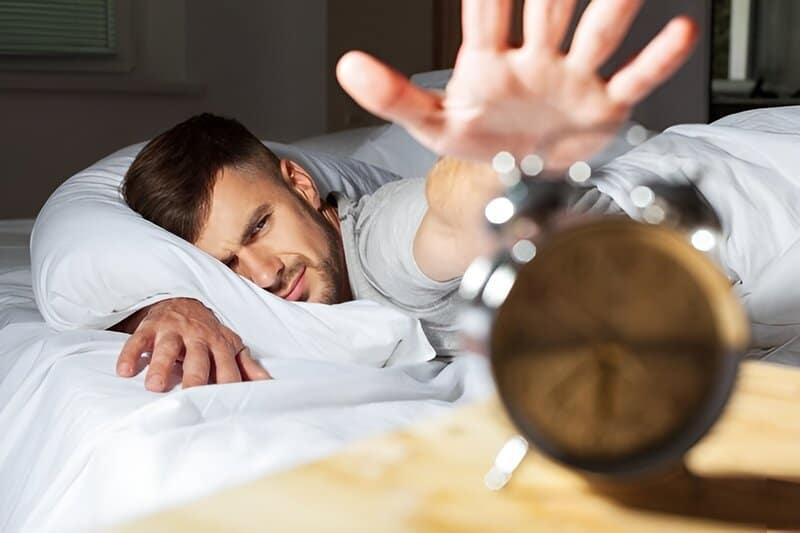Sleep should be simple—but in America, it’s become a luxury too many can’t afford. From workaholic culture to the glow of ever-present screens, a perfect storm of societal, cultural, and technological factors has made restful nights harder to come by. While other countries prioritize rest as part of wellness, many Americans see it as optional or even lazy. The consequences are real, with chronic sleep deprivation linked to everything from mental health issues to heart disease. Here are 30 reasons why the U.S. is struggling to get enough shut-eye.
Hustle Culture Never Sleeps

The glorification of busyness in American society pressures people to always be “on.” Success is often measured by how packed one’s schedule is, leaving little time for rest. Working late, skipping breaks, and taking pride in sleep deprivation are common. Social media influencers and entrepreneurs often promote the idea that sleep is a barrier to success. This mindset teaches people to see rest as weakness instead of a necessity. Over time, it creates a nation of overworked, underslept individuals. Without a cultural shift, the cycle is hard to break.
Screen Time Is Out of Control

Americans spend an average of over seven hours a day staring at screens. Whether it’s a smartphone, TV, tablet, or laptop, the blue light emitted by these devices disrupts melatonin production. Many people scroll in bed, delaying sleep without realizing it. Notifications and constant connectivity also keep the brain alert. Even winding down with TV can stimulate rather than relax the mind. Screen time habits often form early and are hard to change. The result? A country scrolling its way to insomnia.
Overwork Is the Norm

The traditional 40-hour workweek is often just a starting point in the U.S. Many Americans regularly put in 50 to 60 hours, especially in industries like tech, law, and finance. Even after clocking out, work tends to follow people home via emails and notifications. This constant grind leaves little room for relaxation, let alone a healthy sleep schedule. Burnout becomes normalized, and rest is seen as a luxury rather than a necessity. Fear of falling behind or losing income pushes people to sacrifice sleep for productivity. In a culture that rewards exhaustion, overwork has quietly become the norm.
Constant Noise Pollution

Cities across the U.S. are loud—sirens, traffic, construction, and neighbors all contribute to chronic sleep disruption. Even in suburban areas, noise from highways or air traffic can prevent quality rest. Sleep environments that aren’t quiet enough make it harder to enter deep sleep stages. Many people live with background noise they’ve become used to but that still affects sleep. Earplugs and white noise machines help, but they’re not a perfect fix. In contrast, other countries often enforce stricter noise ordinances. America’s 24/7 soundscape doesn’t shut up when it’s bedtime.
Late-Night Eating

Eating heavy meals or snacks close to bedtime disrupts sleep. In the U.S., dinner often happens later in the evening, especially for families with long workdays. Fast food and takeout culture makes it easy to grab a meal at 9 p.m. and crash by 10. Unfortunately, digestion interferes with deep sleep cycles. Acid reflux, discomfort, and high blood sugar levels are common consequences. Many don’t realize how much their evening meals are sabotaging their rest. Other cultures prioritize earlier, lighter dinners—and better sleep.
Caffeine All Day Long

America runs on coffee—and energy drinks, sodas, and even caffeine-infused snacks. People often consume caffeine well into the afternoon or even evening. This delays melatonin release and keeps the brain wired longer than necessary. Even if you fall asleep, caffeine can reduce sleep quality. Over time, tolerance builds, requiring more to stay awake during the day, worsening the cycle. Sleepiness becomes the norm, not the exception. Until caffeine intake is managed, sleep deprivation thrives.
Poor Sleep Hygiene
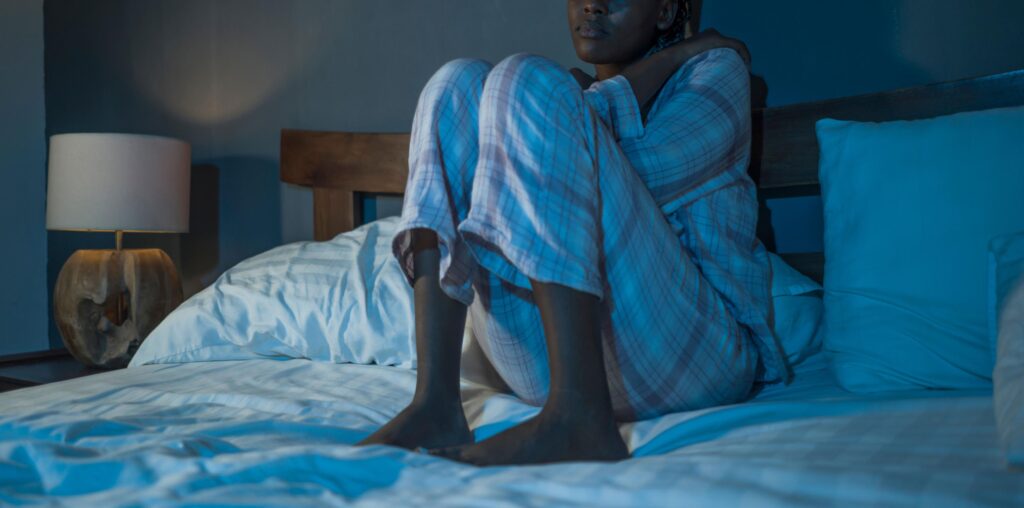
Many Americans don’t learn the basics of good sleep hygiene. This includes regular sleep and wake times, limited screen exposure, and creating a restful environment. Instead, irregular bedtimes, watching TV in bed, and using phones under the covers are common habits. A cluttered bedroom, too much light, or the wrong mattress can all contribute to sleep issues. Without education or encouragement, people don’t know how to set themselves up for rest. It’s a knowledge gap with nationwide consequences.
Work Emails at All Hours
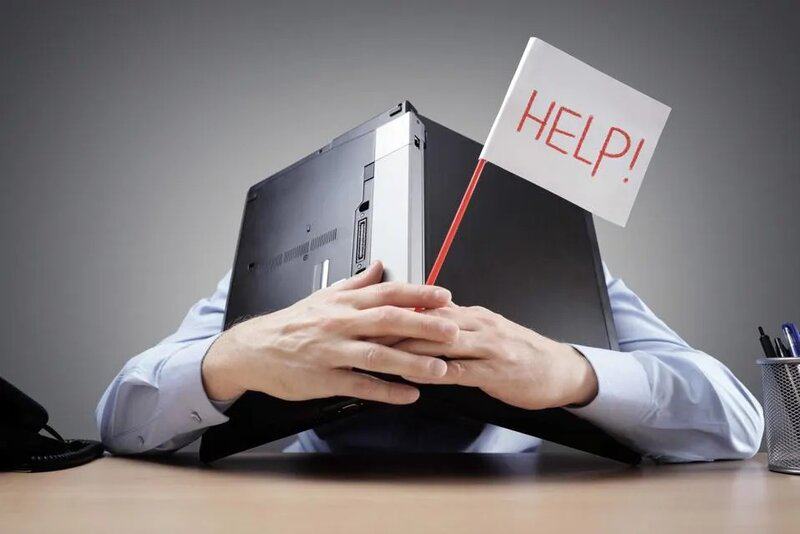
With smartphones, work follows Americans home—and even into bed. Many companies expect employees to be available around the clock. Late-night emails, Slack messages, and task reminders keep the mind in work mode. This “always available” mentality robs people of the chance to wind down. Even anticipating a late message can induce stress that disrupts sleep. Without stronger work-life boundaries, true rest is nearly impossible.
Inadequate Paid Leave
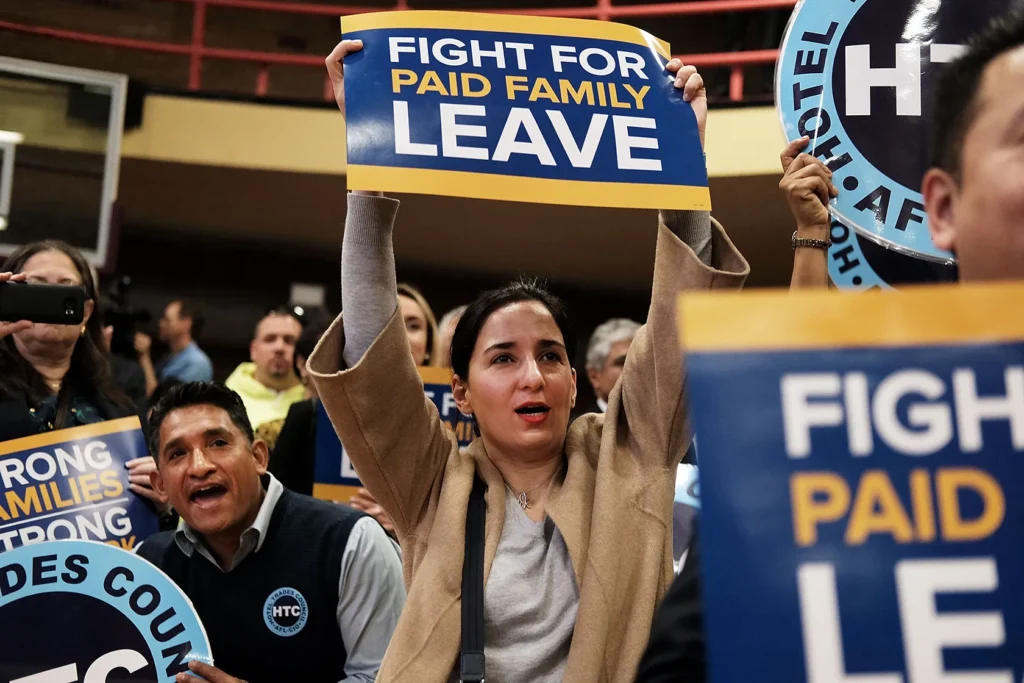
Many Americans don’t receive adequate paid time off, forcing them to work even when they’re exhausted. Unlike other developed nations, the U.S. has no federal law guaranteeing paid vacation or sick leave. This means people often push through illness, stress, or burnout without a break. When rest isn’t financially viable, sleep becomes the first thing to go. Over time, the body and mind suffer from this constant strain. People may lie awake at night worrying because they can’t afford to take a single day off. A system that prioritizes productivity over well-being makes true rest feel impossible.
24-Hour Lifestyles

From grocery stores to gyms and fast food chains, the U.S. caters to consumers around the clock. This constant availability encourages people to stay up later and delay sleep. Night owls have endless options for entertainment, errands, and snacks—making it easy to ignore natural bedtime cues. While convenient, this culture disrupts circadian rhythms and leads to inconsistent sleep schedules. In countries where businesses close earlier, people are more likely to wind down and sleep at regular times. The American “open always” mentality sends the message that there’s always more to do. In a world that never shuts off, sleep becomes an afterthought.
Social Media FOMO

Fear of missing out keeps Americans online well past bedtime. Social media apps are designed to be addictive, with endless scrolling and notifications. Many people check Instagram, TikTok, or Twitter before bed—and again if they wake up at night. This not only cuts into sleep time but also increases anxiety. Seeing others’ curated lives makes people feel they should be doing more. It’s hard to shut down when your brain is constantly stimulated. The need to stay connected overrides the need to rest.
Financial Stress

Worrying about money is one of the most common reasons Americans lose sleep. From student loans to rising rent and medical bills, financial pressure is intense. This anxiety keeps people tossing and turning well into the night. Many lie awake running numbers or panicking about unpaid expenses. Chronic stress releases cortisol, a hormone that makes falling asleep harder. Without financial security, restful sleep remains out of reach. It’s hard to sleep when you’re worried about surviving.
Lack of Siesta Culture

In many countries, napping during the day is normalized—even encouraged. In the U.S., napping is often seen as lazy or unproductive. Few workplaces provide time or space for rest, and the idea of a midday break is often scoffed at. As a result, people push through exhaustion and try to make it to bedtime. This leads to lower productivity, more mistakes, and poor health outcomes. Embracing rest throughout the day could actually improve performance. But in the U.S., it’s work first, nap never.
Overscheduled Kids
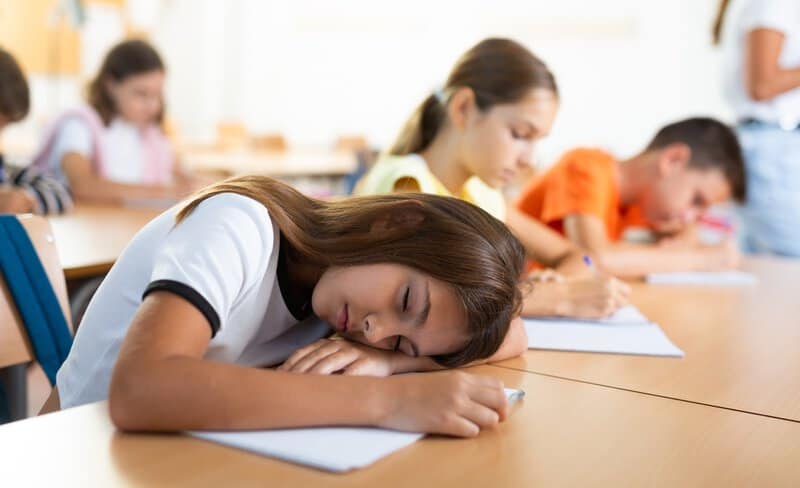
Even children in America aren’t sleeping enough. Between school, homework, sports, and extracurriculars, kids’ days are packed. Many don’t get home until late, with little time to unwind before bed. Early school start times also cut into needed rest. Studies show children and teens need more sleep than adults—but most aren’t getting it. A culture of overachievement starts early and takes a toll for life. Sleep deprivation begins young and never really stops.
DIY Sleep Solutions

Instead of seeing doctors, many Americans turn to self-help for sleep issues. Over-the-counter pills, herbal teas, and sleep apps are used without professional guidance. While some find relief, these solutions often mask deeper issues. Sleep disorders like apnea or insomnia may go undiagnosed for years. Without proper treatment, people suffer silently and chronically. America’s culture of independence sometimes means avoiding expert help. Sleep deserves better care.
High Use of Stimulants and Sedatives

To wake up, many Americans rely on caffeine and energy drinks. To fall asleep, they turn to melatonin, alcohol, or prescription medications. This daily chemical rollercoaster disrupts the body’s natural rhythms. Over time, it can make it harder to sleep without aid. Dependence on substances—legal or not—undermines healthy sleep. What starts as occasional use often becomes a crutch. Natural rest becomes a rare and fragile state.
Bedroom Is Not Just for Sleep

In many American homes, the bedroom serves multiple functions beyond rest. People often watch TV, eat meals, work remotely, or scroll on their phones from bed. This multitasking confuses the brain about what the bedroom is actually for. Ideally, your body should associate your bed only with sleep and intimacy. When it’s also your office, dining room, and entertainment center, it becomes harder to wind down. The brain stays alert in spaces it perceives as active or stimulating. Turning the bedroom back into a true sleep sanctuary could dramatically improve rest quality.
Poor Healthcare Access

Sleep disorders are medical conditions, but many Americans can’t afford to get diagnosed or treated. Whether it’s lack of insurance or high copays, access to sleep clinics and specialists is limited. Without a diagnosis, issues like insomnia, sleep apnea, and restless leg syndrome persist unchecked. People suffer without understanding why they’re tired all the time. Better healthcare access could improve national sleep quality. But until then, many suffer in silence.
High Rates of Mental Health Issues

Anxiety, depression, PTSD, and ADHD are widespread in the U.S., and all are linked to poor sleep. Mental health issues make falling and staying asleep harder. The relationship goes both ways—bad sleep worsens mental health, and vice versa. Yet mental health services are often underfunded or stigmatized. People may not realize that their insomnia is rooted in psychological challenges. Treating the mind could help the country rest.
Gig Economy Pressure

Freelancers and gig workers often don’t have fixed schedules. This leads to working odd hours and skipping sleep to chase income. Without benefits or paid leave, rest isn’t an option—it’s a cost. Uber drivers, food delivery workers, and online freelancers often work late into the night. Lack of routine destroys circadian rhythms. While the gig economy offers flexibility, it often comes at the expense of sleep.
Long Commutes

Many Americans spend hours commuting each day—sometimes up to 2-3 hours round trip. Early departures and late returns eat into sleep schedules. People often have to wake up before sunrise just to beat traffic. By the time they get home, there’s little time left to unwind. Public transit delays and unreliable schedules only add to the stress. This commute culture leads to chronic fatigue. When travel takes priority over rest, sleep becomes the casualty.
Shift Work Disrupts Sleep Cycles
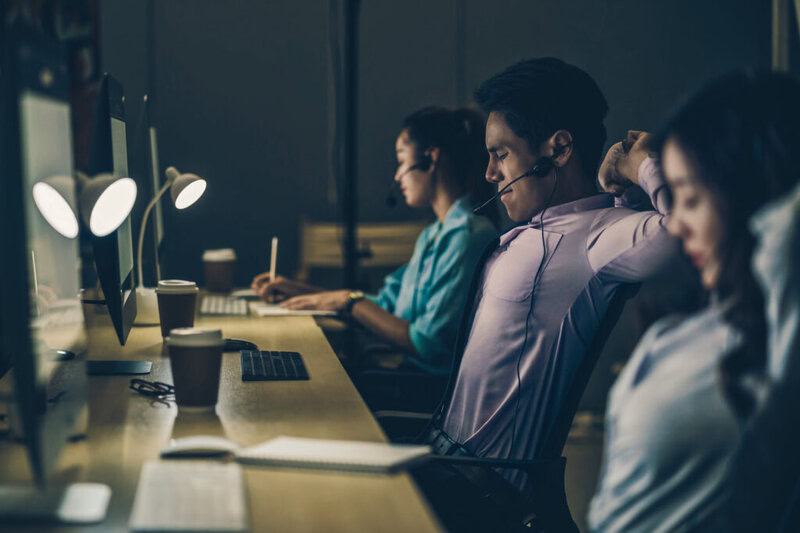
Millions of Americans work night shifts or rotating schedules. Nurses, factory workers, and service employees often sleep during the day and work at night. This goes against natural circadian rhythms and leads to sleep disorders like shift work sleep disorder. Sleeping during daylight is harder due to noise, light, and body chemistry. Long-term shift work is linked to poor health outcomes. Unfortunately, many industries rely on this schedule, leaving workers perpetually exhausted.
High Crime Anxiety

In some areas of the U.S., fear of crime directly impacts sleep quality. Whether it’s hearing sirens, loud neighbors, or street activity, nighttime disturbances make it difficult to relax. Even when physical danger isn’t imminent, the psychological stress of feeling unsafe lingers. This hypervigilance can keep the nervous system in a state of alert, preventing the deep sleep needed for full rest. People may bolt awake at unfamiliar sounds or sleep lightly out of instinct. Peace of mind is a major factor in restful sleep, but many communities don’t have that luxury. Without a sense of safety, even going to bed can feel risky.
Bad Mattresses and Cheap Bedding
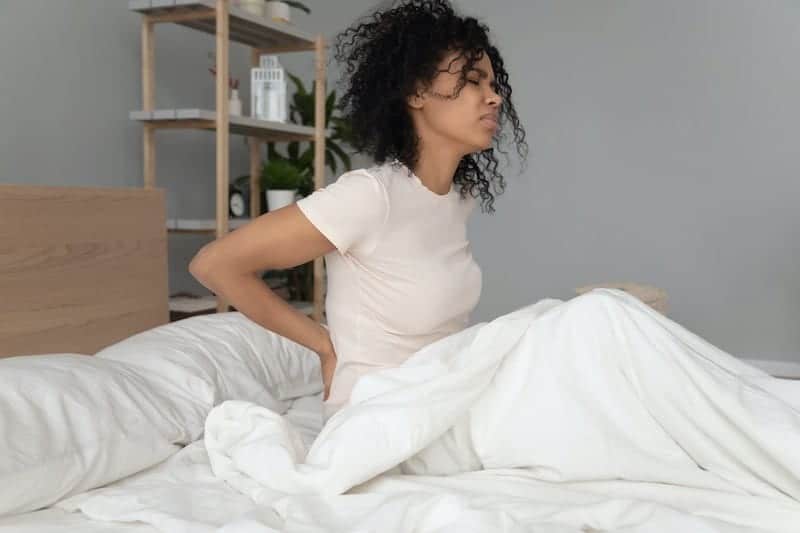
Many Americans sleep on old, uncomfortable mattresses and low-quality bedding. Whether it’s a hand-me-down mattress or the cheapest set on sale, these items can hurt more than help. Back pain, overheating, and allergic reactions are common. Investing in good sleep surfaces is often considered a luxury. But when your body is uncomfortable, deep rest is nearly impossible. Comfort isn’t optional—it’s foundational.
Keeping the Lights On
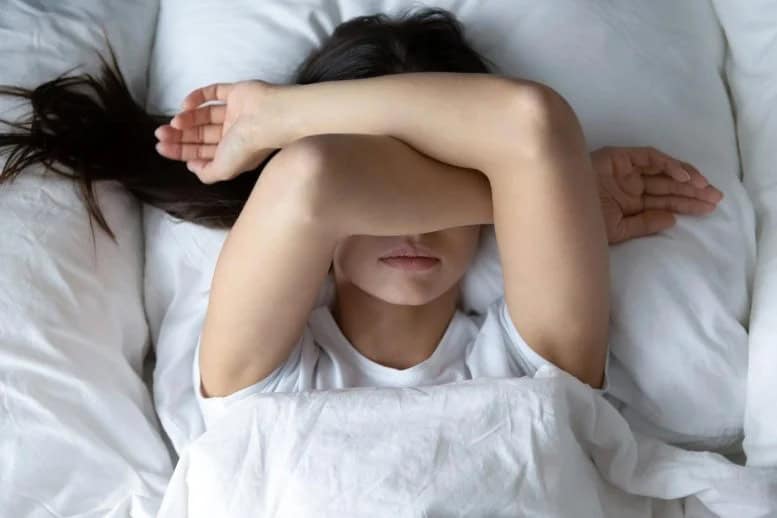
Excessive artificial lighting in homes and cities disrupts melatonin production. Bright overhead lights, glowing electronics, and outdoor streetlights can keep the brain alert. Many people don’t realize how sensitive the body is to light cues. Without enough darkness, the body doesn’t shift into sleep mode properly. Blackout curtains and dimmers help—but aren’t standard in most homes. Light pollution has become a nationwide sleep problem.
Alarm Clocks That Jolt You Awake

The traditional alarm clock doesn’t ease you into waking—it yanks you out of sleep. Many Americans wake up to blaring alarms, heart racing, and groggy confusion. This abrupt start triggers stress hormones and disrupts natural waking patterns. Over time, this contributes to poor mood and less restful sleep overall. In contrast, natural light alarms or gentler systems are rare. The way we wake can ruin the way we sleep.
Late-Night Entertainment Culture
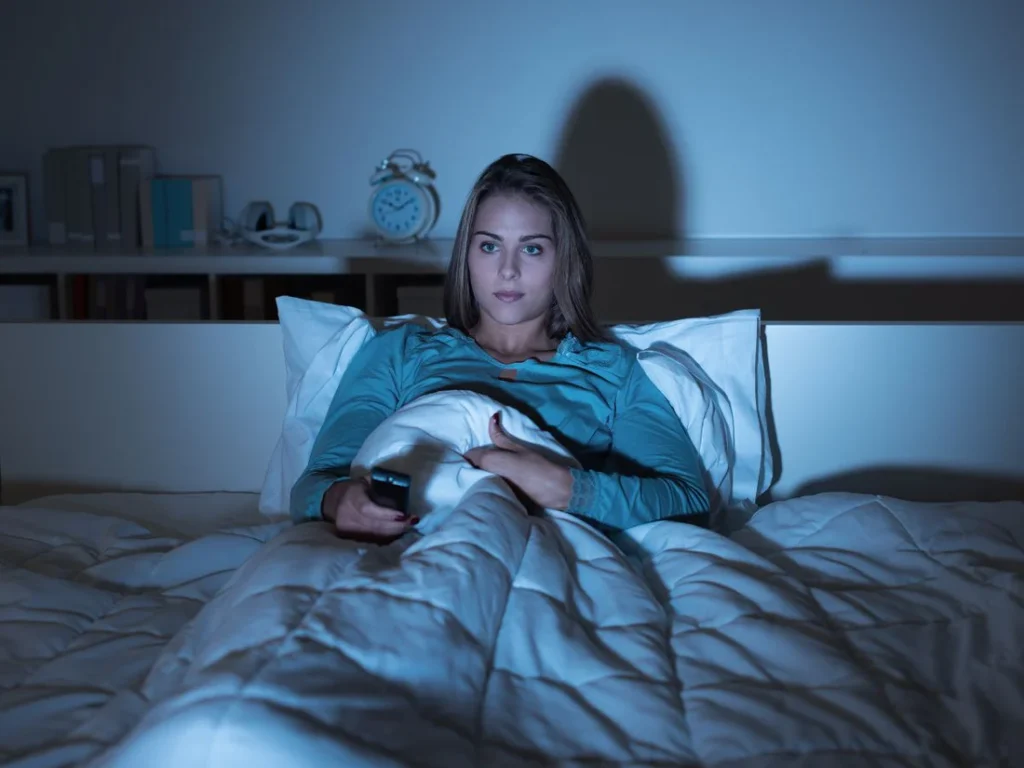
American entertainment is heavily geared toward night owls, with prime-time TV shows, sports events, and streaming releases often starting after 9 p.m. This encourages people to stay up later than they intended, especially on weeknights. Streaming services are designed to keep viewers watching with autoplay features and cliffhanger endings. Binge-watching culture has normalized sacrificing sleep for “just one more episode.” Even relaxing shows stimulate the brain and delay natural wind-down processes. Without intentional cutoff times, screens easily take over bedtime. Entertainment may be fun, but it’s one of the sneakiest sleep thieves around.
No National Rest Policy

Unlike some countries with government-mandated rest hours or nap breaks, the U.S. has no federal rest policies. There are no limits on email hours, no enforced siesta periods, and no guaranteed breaks for workers beyond lunch. This creates a culture where rest is considered optional or individual, not collective. Without systemic support, sleep health becomes a personal burden. National solutions could lead to national relief.
Overuse of Artificial Climate Control

Many Americans rely heavily on air conditioning and heating to stay comfortable year-round. However, improper temperature settings—especially at night—can disrupt sleep. If a room is too hot or too cold, it can interfere with the body’s ability to enter and stay in deep sleep stages. Ideal sleep temperatures fall between 60-67°F, but many homes are set far outside that range. People often don’t realize that tossing and turning could be solved by adjusting the thermostat. Managing climate more mindfully can lead to significantly better rest.
Obesity and Sleep Apnea
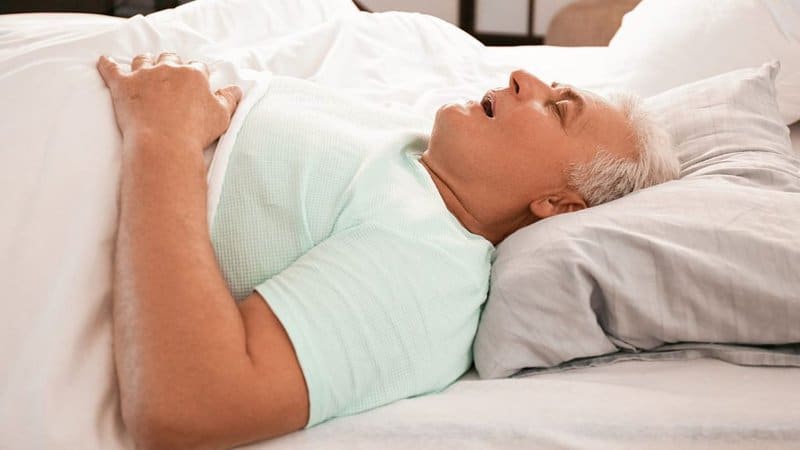
The U.S. has some of the highest obesity rates in the world, and obesity is a major risk factor for sleep apnea. This disorder causes breathing interruptions during sleep, which results in frequent waking and poor sleep quality. Many people don’t even realize they have it, mistaking fatigue for “normal tiredness.” Untreated sleep apnea can lead to serious health problems like heart disease and stroke. CPAP machines help, but stigma and cost often prevent people from seeking help. As obesity rates climb, so do cases of sleep-disrupting disorders. Addressing one issue often helps the other.

